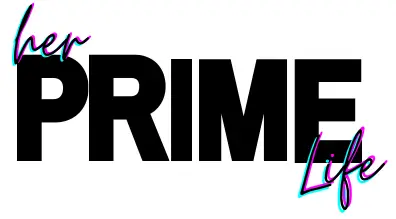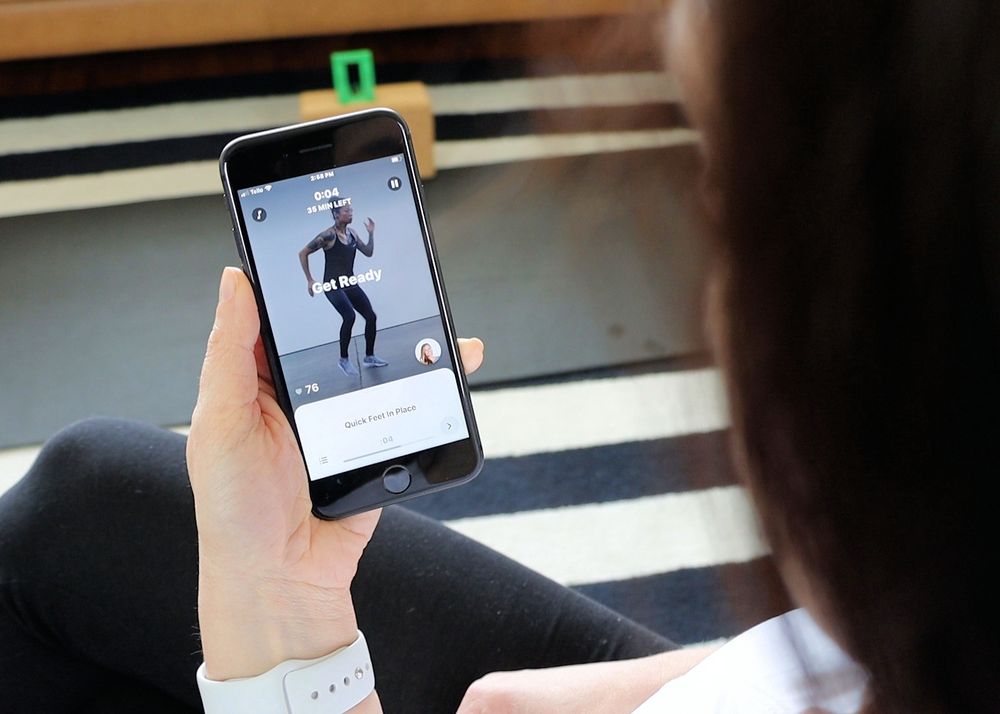8 Signs you’re in a Trauma Bond Relationship…
Hey love,
Ever heard of a trauma bond? It’s not just about bonding over shared tough times; it’s a significant aspect of many toxic relationships. Let’s dive into it a bit more to understand what it really means and how to recognize the signs.
First off, a trauma bond is a deep emotional attachment to an abuser. It often creeps in for those who’ve experienced abuse or emotional dependency in their past relationships. Now, it can be tricky because it might feel like love and commitment, but it’s important to differentiate. Here are some signs to help you figure out if it’s a trauma bond rather than genuine love.

1. Outward Charm: Toxic relationships usually don’t start off that way. If the person seems charming, sweet, caring, and trustworthy at the beginning, but later turns out to be something else, that’s a red flag.
2. Emotional Unpredictability: Abusive partners can be emotionally manipulative. They might mistreat you one day and shower you with kindness and promises to change the next. This unpredictability makes it harder to spot the trauma bond up close.
3. Taking Problems Out on You: If your partner consistently takes their problems out on you, using you as a psychological punching bag, it’s a sign of an unhealthy relationship.
4. Isolation from Loved Ones: There’s a difference between wanting your partner around all the time and actively isolating them from other important relationships. If they try to control who you’re with and distance you from friends and family, it’s a clear red flag.
5. Denying or Minimizing Abuse: If you find yourself constantly denying or minimizing the other person’s wrongdoings, brushing off mistreatment with phrases like “it’s not that bad,” it’s a telling sign.
6. Making Excuses: Even when confronted by friends or family, if you find yourself making excuses for your partner’s behavior, it’s a critical sign of being in a trauma bond.
7. Emotional Numbness: Feeling emotionally detached and numb? It might be your mind’s way of coping with the abuse. If you’re not as vibrant and expressive as you used to be, it could be a result of the trauma bond.
8. Hiding Aspects of Your Relationship: If you’re actively hiding certain aspects of your relationship, especially if you become defensive or angered by others’ attempts to intervene, it’s a clear indicator of loyalty to an abusive partner.
If any of these sound familiar, it’s crucial to speak out and seek professional help. Don’t hesitate to reach out to authorities who can provide the assistance you need. Remember, you deserve a healthy and loving relationship.
Share this content:




